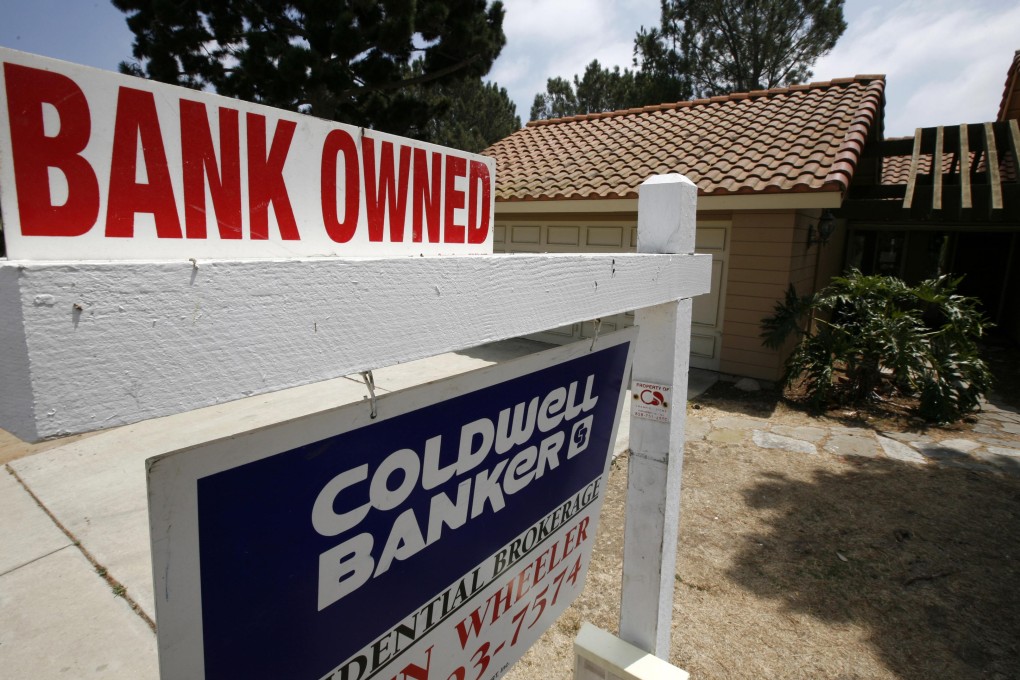California city becomes first to adopt eminent domain plan

The city of Richmond, California, said on Tuesday it will use its power of eminent domain, if necessary, to seize “underwater” mortgage loans to keep its residents in their homes, becoming the first US municipality to adopt such an approach.
The northern California city, long plagued by poverty and crime, sent notice to the holders of more than 620 underwater home mortgages in the city, asking them to sell the loans to the city. It would buy the mortgages for 80 per cent of the fair value of the homes, write them down and help the homeowners refinance their mortgages.
In the event the owners of the loans would not cooperate, the city would seize the loans using eminent domain, Mayor Gayle McLaughlin said.
A mortgage is underwater if its unpaid balance is greater than the fair market value of the home.
Richmond, where nearly half of its homeowners are underwater, plans further such actions in the future, officials said in a conference call with reporters Tuesday.
“Residents here in Richmond have been suffering for years thanks to the housing crisis Wall Street created and which Wall Street refuses to fix,” said McLaughlin in a statement.